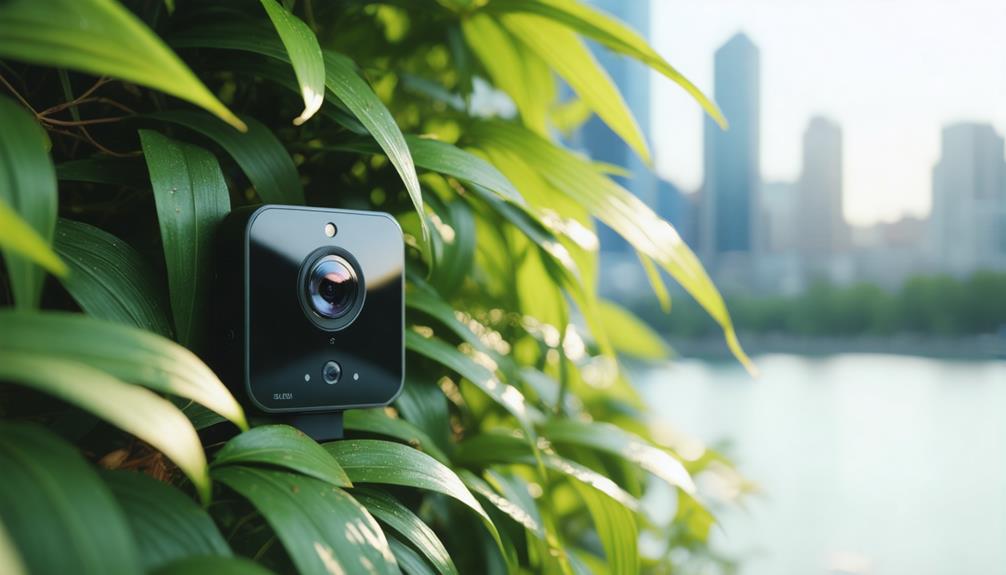
Brainstorm Security Shop

For Orders Over $199

On Any Of Our Products

Details On Refund Page
You’ve probably considered the security benefits of using hidden cameras. Whether you’re looking to protect your business or ensure your family’s safety start at home. These devices, cleverly disguised as everyday objects, can seamlessly integrate into any room. They provide a watchful eye without attracting attention. However, before you decide on installing these covert watchers, it’s crucial that you understand the legal and ethical boundaries that you shouldn’t cross. Do you know where the line is drawn between vigilant security and invasive spying? Let’s explore what makes these cameras a double-edged sword in the modern surveillance landscape.
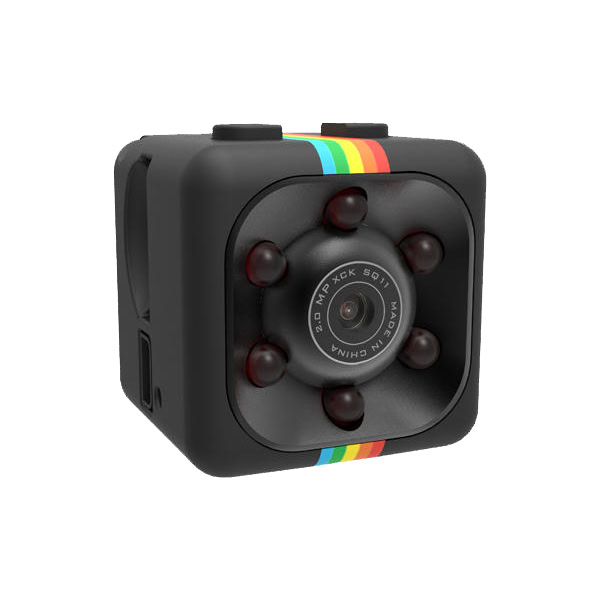
Hidden cameras, also known as spy cameras, come in various forms including pens, clocks, and smoke detectors. You’ll find these gadgets especially useful if you’re looking to enhance your home security or monitor your office discreetly. These cameras are designed to blend seamlessly into your environment, ensuring they go unnoticed by anyone who isn’t aware of their presence.
For instance, pen cameras can be perfect for recording meetings without drawing attention. They look just like regular pens, yet they’re equipped with tiny cameras.
Clock cameras integrate into your home decor while capturing hours of footage, and you can place them almost anywhere, from the living room to the bedroom.
Smoke detector cameras offer a higher vantage point and are less likely to be obstructed by furniture. They provide a broad view, making them ideal for larger spaces. Additionally, newer models often include motion sensor detector which means they start recording only when there’s movement, saving storage and battery life.
Each type offers unique advantages depending on your surveillance needs. Whether it’s keeping an eye on your valuables or ensuring your loved ones are safe, there’s a hidden camera built to suit just about any situation you can imagine.
While you explore the various types of hidden cameras, it’s important to be aware of the legal implications of using such surveillance devices. Each country, and often individual states or regions, have their own laws regarding the use of hidden cameras. It’s crucial you understand these before setting up any form of surveillance.
In many places, recording video in a public or your own space is generally legal. However, the legality changes when these cameras capture audio without consent. You’ll find that most jurisdictions require consent from all parties involved before any private conversation is recorded. Violation of these laws can lead to severe penalties, including fines or imprisonment.
It’s also illegal to install cameras in private areas where individuals have a reasonable expectation of privacy, such as bathrooms, changing rooms, or hotel rooms. Ensure you’re not infringing on anyone’s privacy rights when you position your cameras.
Before you install any hidden camera, check the specific laws in your area. Consulting a legal expert can save you from potential legal troubles. Remember, staying informed and compliant is key to responsibly using hidden surveillance technology.
Beyond the legal aspects, you should also consider the ethical implications of using hidden cameras. It’s essential to weigh the privacy rights of individuals against your need for surveillance. Are you invading someone’s personal space without a justifiable reason? This question isn’t just about legality; it’s about respecting others’ boundaries.
You must ask yourself whether the surveillance is necessary and proportional to your security needs. Just because you can install hidden cameras, doesn’t mean you always should. Think about the impact on those being watched. How would you feel if the roles were reversed? This empathy can guide your decision-making process.
Moreover, consider the consequences of eroding trust if the cameras are discovered. Relationships, whether professional or personal, could suffer irreparable damage. Trust is hard to rebuild once broken.
Transparency often mitigates ethical concerns. In some cases, informing people they’re being monitored can still meet security objectives while maintaining ethical standards. It’s about finding that balance where safety and respect coexist.
Now that you’ve considered the ethical implications, let’s focus on how you can effectively install hidden cameras. First, you’ll need to choose the right location. Think about areas that are less likely to draw attention but still cover the angles you need. High corners of rooms or places obscured by decorations are usually ideal.
Next, consider lighting. You want your camera to have a clear view, which means avoiding direct sunlight or overly dark corners. If you’re using a night vision camera, test it under different lighting conditions to ensure it captures clear footage.
When it comes to mounting the camera, you’ve got a few options. Adhesive strips are quick and easy but mightn’t hold the camera securely over time. For a more permanent solution, using screws might be better, though it’s a bit more invasive.
Also, don’t forget to check the camera’s field of view once it’s installed. You might need to adjust the angle slightly to avoid blind spots.
Hidden cameras serve essential roles in several settings, from ensuring security at your business to monitoring caregivers at home. When you’re running a small business, you need to keep an eye on inventory and staff without being omnipresent. Installing hidden cameras helps deter theft and ensures your employees adhere to company policies.
At home, these cameras are invaluable for checking on your children’s safety and the quality of care they receive from babysitters. You’ll have peace of mind knowing you can review footage if you suspect any issues.
In public areas, like retail spaces or offices, hidden cameras contribute to overall security by capturing incidents of vandalism or theft that typical surveillance might miss due to blind spots. You’re not just protecting assets but also maintaining a safe environment for customers and staff.
Moreover, hidden surveillance can be vital for gathering evidence in disputable situations, such as workplace disputes or insurance claims. It’s crucial that you’re discreet yet strategic about placement to ensure the camera covers the most vulnerable areas without being noticed.
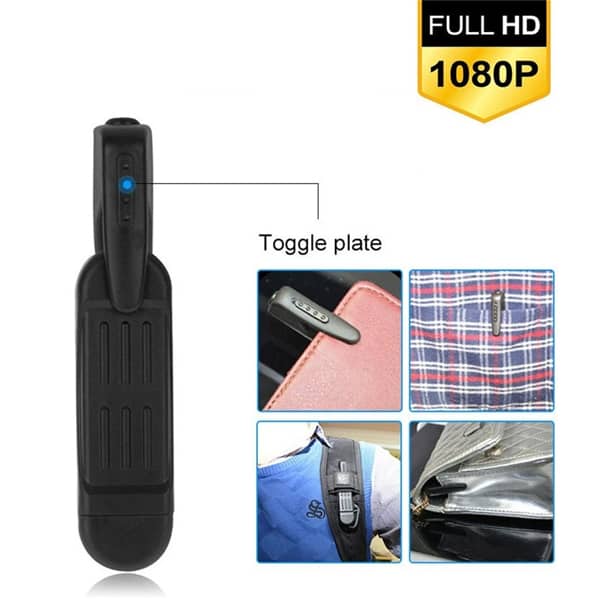
While hidden cameras play a significant role in monitoring and security, maintaining them properly and troubleshooting any issues ensures they continue to function effectively.
You’ve got to regularly check the camera’s physical and operational status. Start by inspecting the lens for any dirt or smudges that might blur your recordings. A simple wipe with a soft, clean cloth can do the trick.
You should also verify the power supply regularly. If your camera operates on batteries, check and replace them periodically before they run out. For wired systems, ensure all connections are secure and undamaged to avoid unexpected power disruptions.
Software updates are crucial as well. They often fix bugs and improve performance. Make sure you’re keeping the camera’s software or firmware up to date. If you’re encountering problems, sometimes a simple reboot can resolve minor glitches.
If you’re still facing issues, don’t hesitate to consult the user manual or reach out to support. Often, troubleshooting guides can help you diagnose and fix common problems without needing professional help.
Lastly, remember to check the storage capacity if your camera records footage. Delete old files regularly or upgrade your storage to ensure you don’t miss capturing crucial events due to full memory.
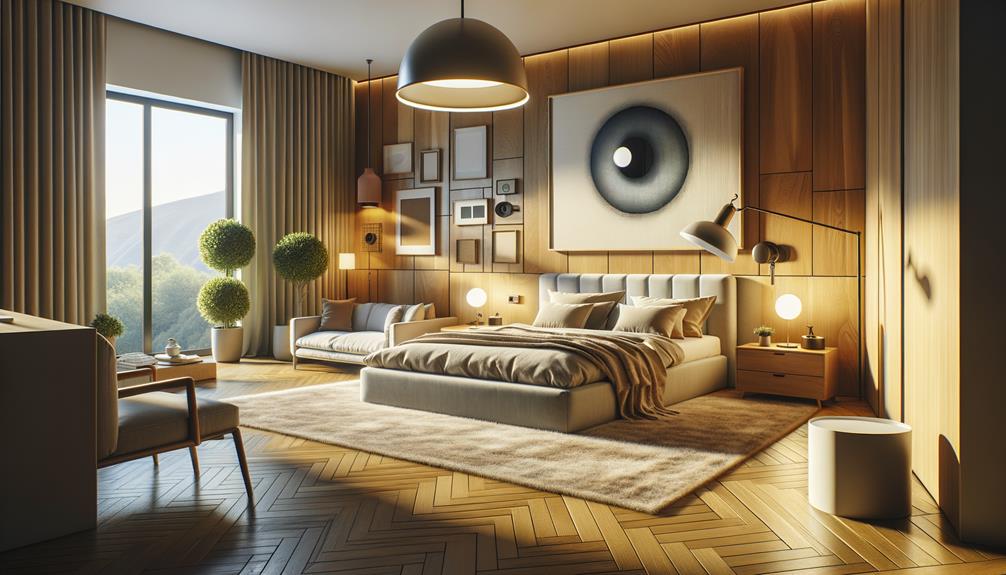
You’ve explored the world of hidden cameras, understanding their types, legalities, and ethical considerations.
Now equipped with installation tips and maintenance know-how, you’re ready to implement these discreet tools in various settings.
Always remember to balance security needs with respect for privacy. Use your knowledge responsibly and ensure you’re adhering to local laws.
With the right approach, hidden cameras can significantly enhance your safety and security strategy. Keep these guidelines in mind and stay vigilant.
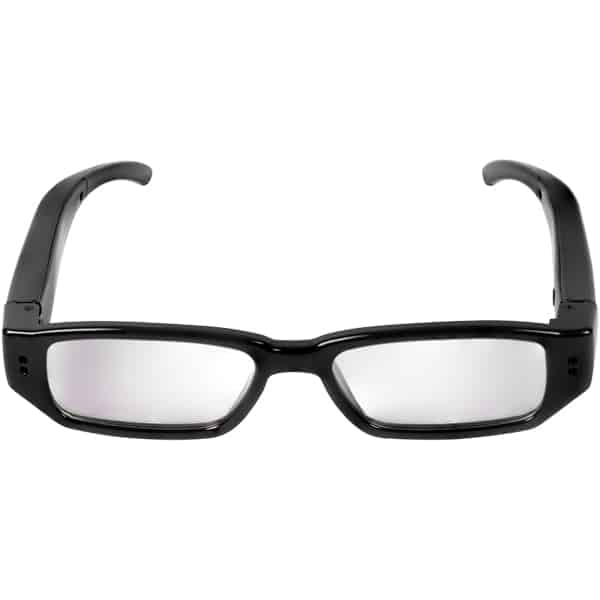
Brainstorm Security Shop
1867 Caravan Trail
Ste 105
Jacksonville, FL 32216
Call us toll free: (800) 859-5566